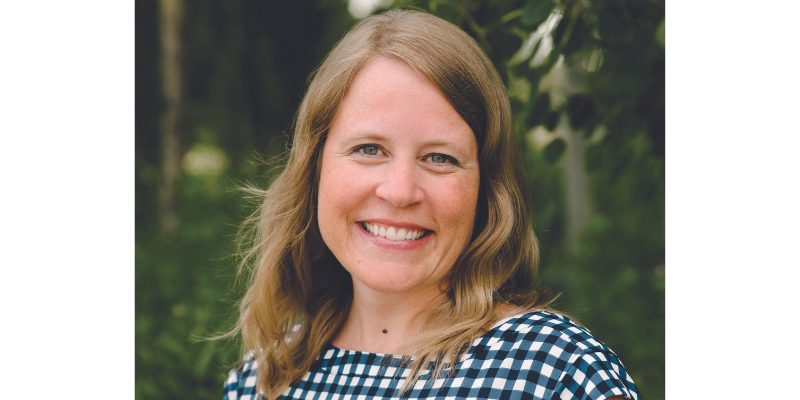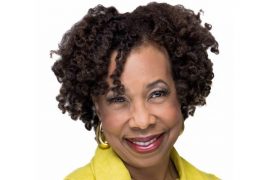By Maura Keller
Proper estate planning for women is vital in building, maintaining and preserving assets and to provide for the security and support of family members in the event of your incapacity or death.
According to attorney Stephanie Thompson, owner of Krueger Hernandez & Thompson in Middleton, your estate plan will provide exactly where your property will go after your death. If you are married, it will determine how your spouse will be provided for. If you have minor children, it will name the persons who will be responsible for their care and custody. And it will also permit you to designate the purposes for, and the ages at which your children will receive the assets you leave to them.
“Women, generally speaking, tend to be the one to drive and lead the conversation around estate planning,” Thompson says. “And while many women are the ones to start this conversation and determine what kind of plan to have in place, there are also a lot of women who, after the death of their spouse, have no awareness of the value of their estate — much less how to manage their finances.”
In addition, Thompson points to three key myths surrounding estate planning that both women and men often believe.
“Women, generally speaking, tend to be the one to drive and lead the conversation around estate planning.” – Stephanie Thompson
Myth #1:
I don’t “fit the definition” of needing an estate plan because I either don’t have a high enough net worth to warrant an estate that needs protection, or I don’t have children to leave my assets to.
Fact: “The reality is everyone needs an estate plan,” Thompson says. “No one has a crystal ball that will tell us when life is going to throw us a curveball. It is important to make sure our wishes are known.”
Myth #2:
I’m not old enough to warrant an estate plan, as I’m healthy and don’t feel like this is a concern yet.
Fact: “More often than not, people in their 50s and 60s really need to start taking estate planning seriously,” Thompson says. “But that’s not to say that there’s not a need for people of any age with any amount of finances. An estate plan goes far beyond a simple will.
When designing your estate plan, we’re thinking of all of the possible scenarios that one could encounter. We are making sure that you’ve got the proper documents in place to be able to handle any of those situations according to your own wishes, regardless of your age.”
Myth #3:
A financial power of attorney will take care of me, and that’s all I need.
Fact: A power of attorney is a vital component of any estate plan, but it is only one piece of the proverbial estate plan puzzle and certainly has its limits. “Not all documents are created equal. Financial institutions are very particular about having specific authority mentioned within the document. This is why it is critical to have an estate planning attorney assist you.”
To learn more about estate planning and what your plan should encompass, visit khtlawyers.com.




